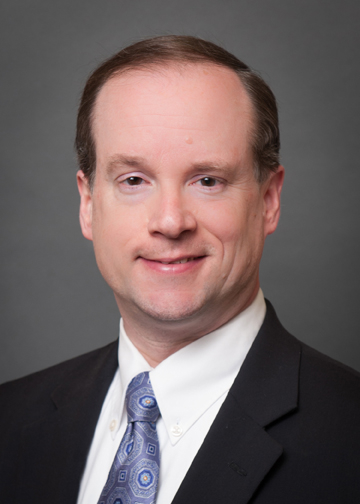North Carolinians have learned a lot in the past few days — about law enforcement, race relations, cynical politics, media memes, and the need for wise leadership during crisis. But the cost of our education has been far too high.
Dozens of police officers, journalists, and citizens were injured during the riots that broke out after a black officer shot and killed Keith Lamont Scott, also African-American, last Tuesday. One protester, Justin Carr, was killed. Some businesses were looted. Others shut down or instructed employees not to venture uptown. The damage, physical and otherwise, was extensive.
Despite receiving our expensive lessons, there’s one thing North Carolinians don’t yet know for certain — exactly what transpired at the scene of Scott’s death. Kerr Putney, chief of the Charlotte-Mecklenburg Police Department, says the physical and testimonial evidence indicates Scott was armed, resisting arrest, and perceived to be an imminent threat by the officers on the scene.
On Friday, Scott’s wife released her own cellphone video. A day later, Putney released the police department’s videos. Millions of people then watched, studied, and drew their own conclusions. Because none of the footage showed the entire incident, at a high-enough resolution to see everything clearly, these conclusions were inevitably speculative and subjective. The authorities — and a judge and jury, if charges were ever brought — could use other evidence not yet available for public inspection.
What’s more certain is that the riots that rocked Charlotte on Tuesday and Wednesday were not caused by the city’s refusal to release its videos immediately. How do I know that? Because on Thursday and Friday, before the footage was released on Saturday, Charlotte experienced largely peaceful protests, not riots.
The critical factor was that on Thursday morning, city officials finally accepted the offer Gov. Pat McCrory had made early the previous day: the declaration of a state of emergency and the deployment of state troopers and the National Guard. Overwhelming force is what deterred additional crimes against police, property, and innocent civilians.
Charlotte station WBTV reported that Charlotte Mayor Jennifer Roberts initially refused McCrory’s offer because she worried that a state of emergency would look bad. Publicly, she stated that in the aftermath of the initial rioting on Tuesday evening, she still believed the Wednesday protests would be peaceful. At best, this was a disastrous error in judgment.
It wasn’t the only one. Reckless allegations inflamed the situation. A group of clergy led by NAACP state president William Barber stepped forward to help restrain protesters, and may have had that effect in some cases. But they also irresponsibly blamed police for “provoking” the riots. And they trafficked in a range of conspiracy theories — such as claims that Carr was killed by police, or that officers may have planted the gun attributed to Scott — that made themselves look ridiculous and their cause look political.
Indeed, Barber even used his moment in the media spotlight to talk about Medicaid expansion and other political disputes far afield from the case — but conveniently linked to Republicans in Raleigh rather than Democrats in Charlotte.
When it comes to freedom of speech, there is a key distinction between expressing an opinion and shouting down someone else expressing an opinion. The latter is called the “heckler’s veto.” In Charlotte, some people angry about the Scott case, or about race and justice issues in general, seemed to believe they enjoyed a “rioter’s veto.” They thought they could interrupt the normal investigative process and insist that unless the city released its videos immediately — even though such a premature release might influence the testimony of witnesses still being interviewed — the unrest would continue. “No tapes, no peace!” they shouted.
Absolutely unacceptable. Peace and security come first. Then, presentation of facts. Then, discussion about what those facts mean and what response is warranted. This is the sequence civilization requires. It is the responsibility of leaders, public and private, to insist on this sequence. Some did, such as Putney and McCrory. Others didn’t. They should be embarrassed. Alas, they won’t be.
John Hood is chairman of the John Locke Foundation and appears on the talk show “NC SPIN.” You can follow him @JohnHoodNC.


